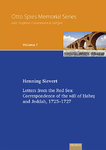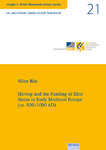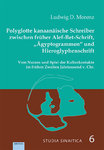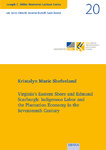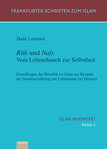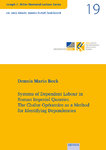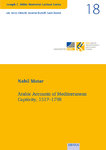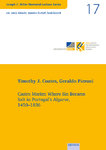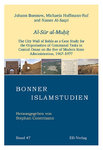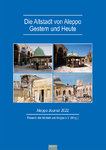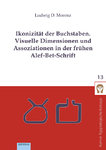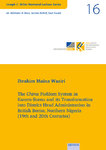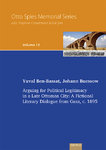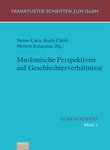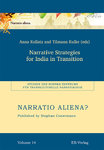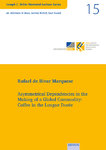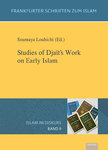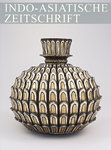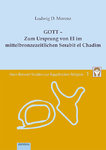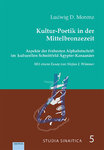Verlag für Wissenschaft und Praxis
- ISLAMWISSENSCHAFT
- ISLAMISCHE STUDIEN
- JOSEPH C. MILLER MEMORIAL LECTURES SERIES
- ASIENWISSENSCHAFT
- ARCHÄOLOGIE ALS KULTURWISSENSCHAFT
- RELIGIONSWISSENSCHAFT
- RELIGIONSPÄDAGOGIK
- GESELLSCHAFT UND KIRCHE
- KIRCHE UND GEMEINDE
- GESUNDHEIT UND KRANKHEIT
- KINDERGARTENPÄDAGOGIK
- OPEN ACCESS
- Neuerscheinungen
- In Vorbereitung
- News
- E-Books
- Einzelkataloge
Categories OPEN ACCESS Reihe: Joseph C. Miller Memorial Lecture Series Vol. 19: Systems of Dependent Labour in Roman Imperial Quarries
Vol. 19: Systems of Dependent Labour in Roman Imperial Quarries
Artikel-Nr.: ISBN: 978-3-86893-459-554 pages
14,8 x 21,0, 2023
DOI: https://doi.org/10.53179/9783868934595
Quarries are an interdisciplinary research topic for scholars who are interested in technical organization, economy, work processes and supply chains. In antiquity, the quarrying and trade of stone were highly dependent on persons from a variety of legal status groups and their cooperation in networks and institutions. Research shows that during the high Roman Empire, some quarries both belonged to the Roman emperor and were operated by an administrative structure that was highly dependent on him. Although the administrations were organized in a strict hierarchy, they depended much more on the emperor and the officials he employed than on the legal statuses of individuals. Slaves and freedmen gained importance due to their specialization in business. Characteristic is the cooperation of these actors within different fields of work in the economy, but in many cases it cannot be determined in detail merely from the sources, and requires research models. By using the chaîne opératoire and analyzing the quarry at Simitthus as an example, the paper shows to what extent this methodology is suitable for identifying dependency relationships between individuals. In addition, interagency and spatial relations can serve as indicators of dependencies among the actors, and network analysis offers insights into administrations in imperial quarries.
The Author
Dennis Mario Beck is a classical archaeologist, employed at the Department for Classical Archaeology at the Institute for Archaeology and Cultural Anthropology at the University of Bonn. He uses both archaeological data and literary sources to study different forms of dependency in the Punic, Greek and Roman worlds. His focus is on the ancient economy and network systems that were based on various forms of personal and institutional dependencies in the extraction and trading of resources, especially stone. He has researched the operation of ancient quarries such as the marble quarries at Simitthus, taking into account various hierarchically structured networks of different social groups and their collaboration and interaction. His current research focuses on different actors in economic processes working together in networks of exploitation, trade, and completion, as well as on the methodological framework for investigating these actors, for example by mapping production chains.
Zu diesem Produkt empfehlen wir
|
Print-Version
|
Diese Kategorie durchsuchen: Reihe: Joseph C. Miller Memorial Lecture Series



